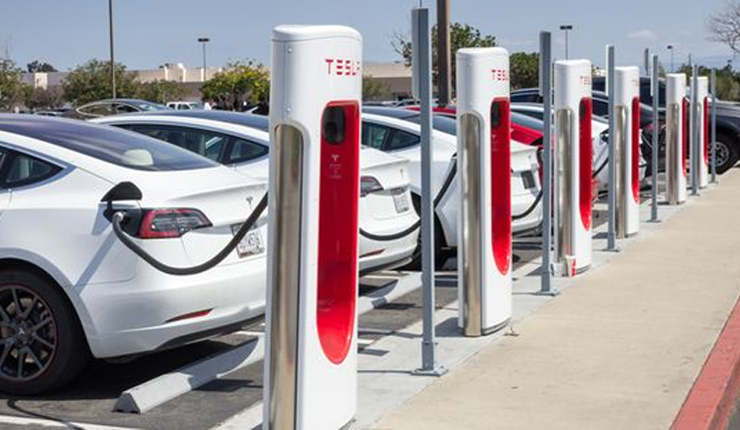UK’s Johnson Matthey (JM) a global sustainable technologies company, announced on Monday that it is building an £80 million ($96,225m) gigafactory at UK, as it looks to scale up the manufacture of hydrogen fuel cell components.
The factory planed to built at JM’s site in Roston, which expected to operational by the first quarter of 2024, according to JM’s statement.
UK Government supported the project through the Automotive Transformation Fund (ATF).
The gigafactory will initially be capable of manufacturing three GW of Proton Exchange Membrane (PEM) fuel cell components annually for hydrogen vehicles.
UK will need 14 GW of cell Stack production and 400,000 high-pressure carbon-fibre tanks annually to meet local vehicle production demands by 2035, according to the Advanced Propulsion Centre (APC) predictions.
“APC has 15 percent of the fuel cell value chain radiating from UK businesses but this could be as much as 65 percent just by expanding on current strengths in electrochemistry and coatings or using automotive capability to volume manufacture components,” CEO Ian Constance added.
The UK’s market expects that there could be as many as three million fuel cell electric vehicles (FCEVs) on the road globally by 2030.
“Decarbonising freight transportation is critical to help societies and industries meet their ambitious net zero emission targets – fuel cells will be a crucial part of the energy transition,” Liam Condon CEO of Johnson Matthey, said.
Earlier this year, JM announced a new strategy with an ambition lead the market in performance components for fuel cells and electrolysers, targeting more than £200 million ($10,562m) sales in hydrogen technologies by the end of 2024/25.
[better-wp-embedder width=”100%” height=”400px” download=”all” download-text=”” attachment_id=”124139″ /]
